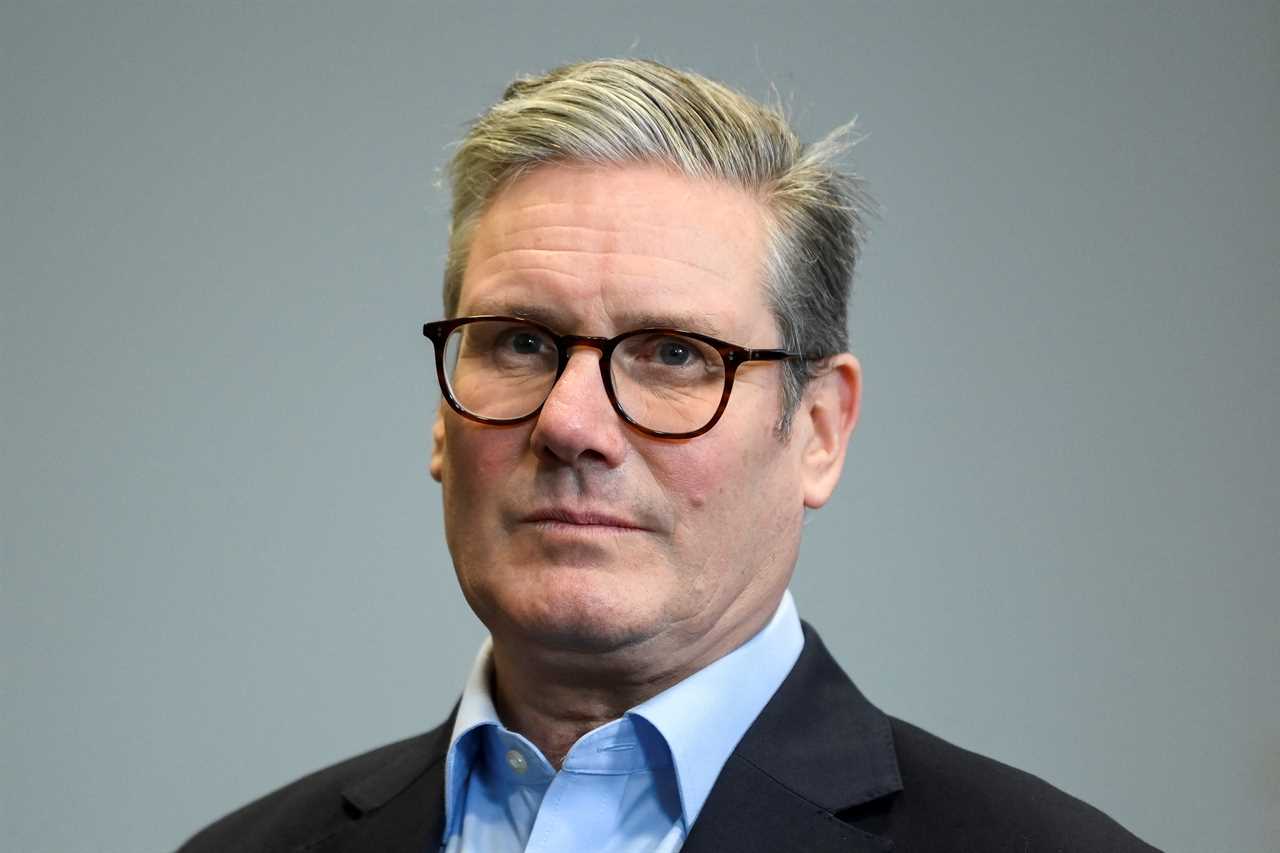
Sir Keir Starmer's Approval
Sir Keir Starmer will give the go-ahead to five special economic zones, once labelled a "Brexit benefit" by the Tories, to drive growth and jobs. These zones, known as 'freeports', aim to encourage businesses through low-tax areas.
Background and Development
The concept of freeports was first introduced by Margaret Thatcher and later championed by Rishi Sunak, who established eight hubs across the UK. The Prime Minister has backed this new wave of freeports, with Chancellor Rachel Reeves expected to formally name the five zones in the upcoming Budget.
Government Initiatives
Alongside the freeports, a new investment zone in the East Midlands will be confirmed, with government funding to stimulate growth and investment. Sir Keir emphasized that these initiatives are not driven by ideology but by a focus on generating jobs and growth for local communities.
Expected Impact
Freeports have already attracted significant investment and job creation, while Investment Zones in England are estimated to have generated thousands of additional jobs. The government aims to rewire how and where growth is generated to secure investment and create quality jobs for working people.
Historical Context
Freeports were initially introduced by Margaret Thatcher in the 1980s but were later discontinued under David Cameron's government. Rishi Sunak revived the concept in 2021, with the zones typically centered around cargo ports and offering various tax breaks to businesses.
Government's Approach
Sir Keir Starmer highlighted the government's commitment to targeted programs that attract investment and create jobs, in partnership with local authorities and business groups. By combining freeports with a focus on grassroots growth, the government aims to maximize their potential for economic development.






